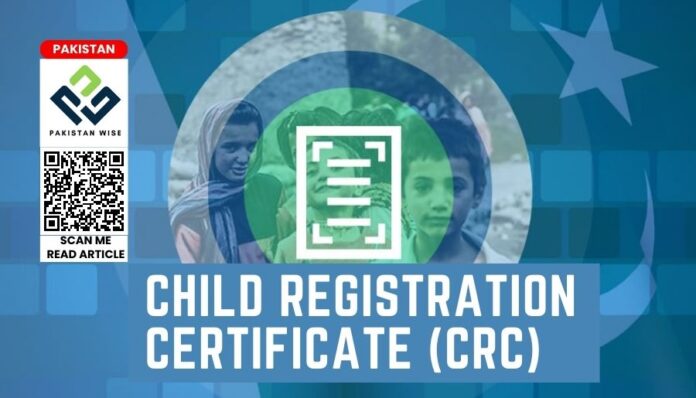In November 2023, the Pakistani government introduced a mandate that emphasizes the importance of possessing Child Registration Certificates, commonly referred to as B-forms, for accessing essential services. The process of obtaining this document has undergone substantial changes, making it more accessible and efficient for Pakistani citizens. This article delves into the updated procedure for acquiring B-forms, highlighting the key requirements and steps involved in this streamlined process.
The Role of NADRA
The National Database and Registration Authority (NADRA) has assumed the task of expediting the Child Registration Certificate application procedure in recent years. With this advancement, the convenience and accessibility of obtaining B-forms for those under the age of 18 has significantly changed. People must now provide their union council with proof of childbirth in order to receive a B-form. Furthermore, the parents of the child must possess a National Identity Card (NIC) or a National Identity Card for Pakistanis Abroad (NICOP).
Fee Structures
The cost associated with applying for a CRC or B-form is an important consideration. In 2023, the standard application fee for a B-form is set at Rs50, making it an affordable option for most applicants. For those who prefer an executive category application through NADRA, the cost increases to Rs500. These fee structures cater to different preferences and financial needs, ensuring that the process remains accessible to a wide range of applicants.
The Application Process
For individuals looking to apply for a B-Form in 2023, the process involves a series of straightforward steps, designed to make it more convenient and efficient. Here’s a breakdown of the application process:
- Visit the Nearest NADRA Registration Center (NRC): To initiate the application process, applicants should visit the nearest NADRA Registration Center. NADRA has established numerous centers throughout Pakistan to ensure accessibility for all citizens.
- Receive a Token: Upon arrival at the NRC, applicants receive a token, which helps manage the order of service. This token system ensures a more organized and efficient process.
- Capture Photographs and Fingerprints: NADRA operators will capture the applicant’s photographs and fingerprints. These biometric details are essential for the B-form application.
- Input Necessary Data and Generate a Printed Form: The NADRA operator will input the required information into the system and generate a printed B-form. This step significantly reduces the paperwork involved and enhances the accuracy of the data.
- Submission of the Form: Once the printed B-form is in the applicant’s possession, it must be submitted to the respective NRC. For added authenticity, the form requires attestation by a gazetted officer, ensuring the accuracy and reliability of the document.
- Optional Biometrics Capture: Notably, if one of the child’s parents is present at the NRC during the application process, their biometrics can be captured. This feature eliminates the need for attestation and further streamlines the process.
Expected Delivery Time
One of the most notable improvements in the updated B-form acquisition process is the expected delivery time. Applicants can now anticipate receiving their B-form within approximately five working days, a considerable improvement from previous waiting times. This streamlined timeline makes the registration process more efficient and accessible for Pakistani citizens, ensuring they can access essential services without unnecessary delays.
Conclusion
In November 2023, the Pakistani government has made significant strides in simplifying and streamlining the process of acquiring Child Registration Certificates or B-forms. The involvement of NADRA, the revised fee structures, and the introduction of optional biometrics capture have all contributed to a more accessible and efficient process. With an expected delivery time of around five working days, this updated system ensures that Pakistani citizens can access essential services more conveniently, reflecting the government’s commitment to serving its people efficiently and effectively.

